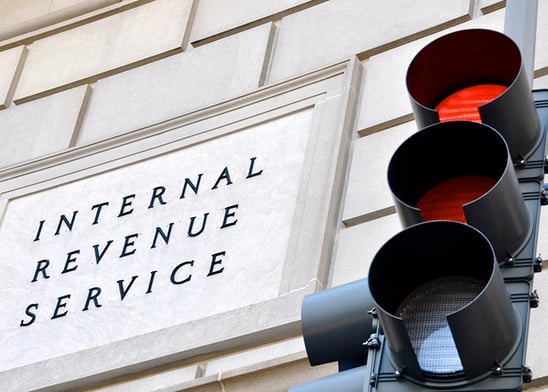
A 1031 Exchange is a way for investors to defer the capital gains taxes on investment real estate. The process gets its name from the relevant section of the Internal Revenue Code, which allows an investor to defer the gain when investment property is sold if they reinvest the proceeds into another investment property of the same or greater value.
Because the 1031 exchange is relevant to taxes, The IRS is the responsible agency, and it has established guidelines to govern the execution of such transactions. The consequences for failing to follow the rules can be significant to the taxpayer since an unsuccessful exchange may result in the investor unintentionally realizing and owing taxes on a capital gain.
What are the key components of a 1031 Exchange?
The Qualified Intermediary
One of the essential elements of a successful 1031 exchange is choosing a Qualified Intermediary, also referred to as a 1031 exchange accommodator. The reason this person (or entity) is so vital to completion is that the investor can't have constructive access to the proceeds from the sale of the property, or the exchange won't pass IRS oversight. The QI must manage the transfer of the funds from the sale of the initial property into a separate account until those funds are used to complete the purchase of the replacement property or properties.
The QI is responsible for creating an arms-length transaction between the taxpayer and the buyer and seller. They receive the information about replacement property possibilities, acquire the final choices using the funds from the sale of the initial property, and transfer the title to the taxpayer. They can't be an agent of the taxpayer and can't be related to them, but can be almost any other person. Most investors choose an experienced intermediary since the role is such a vital part of the transaction.
The timeline
It is also vital that the taxpayer meets the timeline the IRS has specified for an exchange. They must identify potential replacement properties within 45 days of the sale of the relinquished property, and complete final transactions within 180 days, inclusive of the initial 45-day period. The identification process is formal, and the notification of the properties under consideration as replacements must be communicated to the Qualified Intermediary.
Like-kind property
The exchange of property must be between like-kind properties, but here the IRS rules are somewhat flexible. The swaps have been allowed between almost any investment property types: commercial office building swaps for multi-family housing, retail trades for medical facilities, even selling a rental property and investing in a fractional interest like a Delaware Statutory Trust. The exchange can include a geographic change and change from one property to many, under some circumstances. Keep in mind that REITs are not eligible for exchanges. If the original property is in the United States, the replacement must be as well. Still, you can complete a 1031 Exchange with relinquished and replacement properties that are both in other countries.
How many exchanges can a taxpayer do?
An investor who continues to follow the IRS rules can complete consecutive 1031 exchanges, deferring the gains that they would otherwise realize on investment property until they bequeath the final property to an heir. At that time, the heir would receive the one-time step-up in basis, and no gain would apply.



